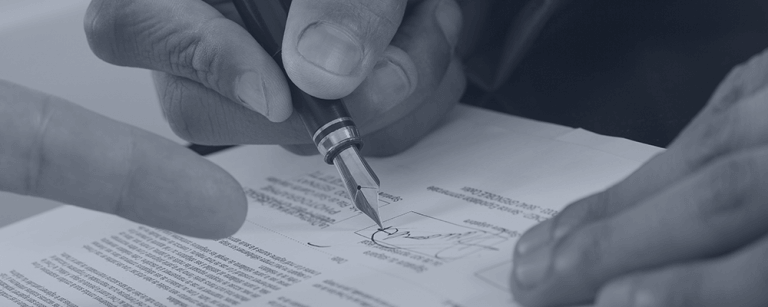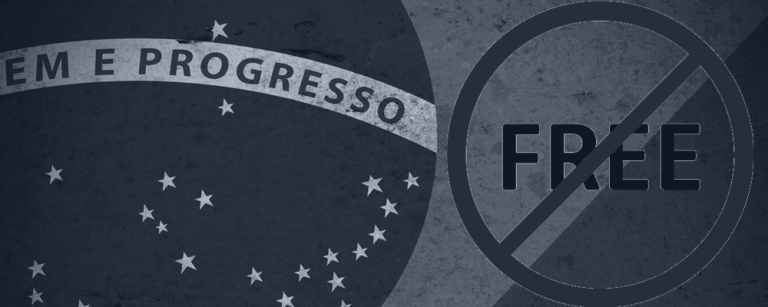Blog

When the Miscellaneous Resolution for 2015 entered into force requiring the report of the Electronic Accounting (“eContabilidad” or eAccounting), a great number of taxpayers that considered that their constitutional rights were violated filed Amparos against this new mandate. The immediate result was that thousands of businesses received a suspension of the obligation of: Submitting or […]

It is not new that mandatory e-invoicing has flourished with notable strength in the recent history of taxation in Latin America. Ten or so years ago, the Latin American countries understood how technology could be of much assistance in fighting tax evasion, a well-known historical problem in that region, while also driving standardisation to support […]

These states are making the move away from free e-invoicing software for several reasons, including the sheer difficulty involved in managing technology capable of meeting Brazil’s compliance requirements. As they do for companies, compliance measures have been forcing these governments into the business of change management, constantly updating and maintaining software, but now they are […]

Implications of OECD VAT Guidance for Businesses On Oct 24, the Organisation for Economic Co-operation and Development (OECD), released further guidance on how countries can implement effective VAT collection systems for cross-border trade, particularly concerning digital/electronic supplies. Business should take particular note of this development as history proves that OECD guidance, particularly in this space, […]

The Common Reporting Standard (CRS) is fast becoming the global standard for tax information reporting outside the United States. As more countries adopt CRS, and as penalties for late, incorrect or missed CRS filings become more severe, financial institutions need to know what their compliance requirements are. Following are clarification and detail about what insurers […]
Our October 24 Webinar, “Building the Tax Team of the Future to Successfully Navigate the Regulatory Storm,” is now available onDemand. During the webinar, we asked attendees a series of four detailed polling questions to help them measure their tax teams’ ability to deal with regulatory and business change. Questions were based on a Reactive-to-Proactive […]
Currently, companies in Brazil must submit two separate types of invoices to the tax authority – product invoices (NFe) and service invoices (NFSe). Product invoices for goods and raw materials are standardized throughout the country, allowing companies to centralize their compliance processes; however, service invoices vary heavily depending on the city.

It’s clear business evolution, technology disruption and related tax compliance laws are creating increased complexity and becoming tremendous business liabilities. In today’s regulatory environment, businesses must view tax compliance as a critical function, committing the right resources, technology and process discipline necessary to maintain compliance and respond to the associated audits so the business can […]

The Peruvian Tax Administration SUNAT recently authorised the first two e-invoicing operators that will eventually take over the current centralised clearance service at SUNAT: Peruvian/Danish owned eFact and Chilean/US owned Paperless/SOVOS. SUNAT’s new model is a distributed one, named “OSE” (Operador de Servicios Electrónicos) in Peru and has both similarities and differences with the Mexican […]

There’s a growing regulatory storm on the horizon, impacting tax professionals’ roles and skills. This is causing a shift in how businesses are preparing their compliance teams to keep their businesses ahead of the curve. Join Matt Walsh, Principal Indirect Tax and Mark Christenson, Director, of Sovos on October 24 at 2:00 PM Eastern […]

Colombia has aggressively promoted the adoption of e-invoicing since 2015. That year, Decree 2242 introduced mandatory e-invoicing in XML format through regulated schemas, use of digital signatures and real-time invoice controls by the tax authority DIAN as a clearance point. This model, which represents a significant departure from the previous ‘classic’ VAT invoicing scheme, can […]
NFe 4.0 Introduces Unprecedented Product Traceability NFe 4.0 ushers forth new requirements that make a new level of product tracking possible. Specifically, the SEFAZ, Brazil’s tax authority, requires companies subject to sanitary regulations or recall cases, as well as those that produce agricultural pesticides, veterinary products, dental products, medicines, beverages, bottled waters, food packaging, etc., to […]

Here at Sovos, we’ve noticed how many companies are starting to reflect on what their e-invoicing strategy should be. That doesn’t mean they view e-invoicing as an isolated process, or necessarily want to acquire it as a standalone service – but in whichever form they’ll be adopting this still way-too-often missing piece of the enterprise […]
The VAT Gap in the EU was estimated to be €159.5 billion in 2014, and the enormity of that gap is one of the reasons why the global tax landscape is changing so dramatically. Sovos explained this development to attendees of the FD Exchange conference, which took place in the Steigenberger Airport Hotel in Amsterdam. […]
What began as an e-invoicing mandate in Brazil just over 10 years ago has significantly transformed the way businesses operate – not just in Latin America, but across the globe. Governments are progressively turning to technology to close tax gaps, crack down on tax evasion and gain visibility into transactions that happen within – and […]
After 8 years of voluntary e-invoicing, Costa Rica has begun its transition to mandatory e-invoice submissions. The first 10 companies began compliance in March 2017 as a pilot, and the DGT, Costa Rica’s tax authority, will continue to roll the program out to additional enterprises over the next two years via email notifications. Like other […]